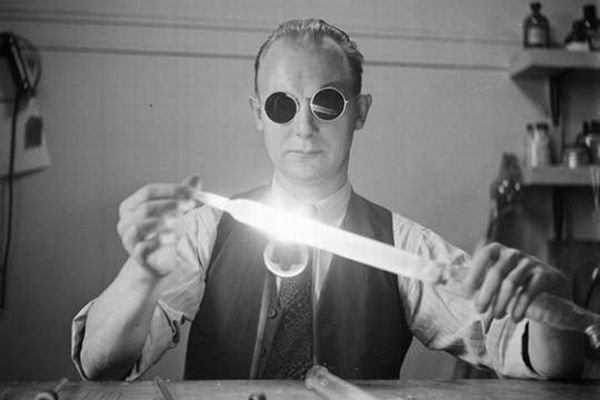|
|
History: Look Magazine Photography By Stanley Kubrick
|
The use of long takes, while not an unknown technique before Kubrick, became known in the film community as a "Kubrickian" trademark—for instance the extended tricycle-riding sequence in The Shining or the long pullback from Alex's face at the beginning of A Clockwork Orange.
• Themes
Through his films, Kubrick often addressed concern with the over-mechanization of society which, in its attempt to create a safe environment, creates an artificial sterility that breeds the very evils it tries to exclude. Multiple critics have noted that Kubrick's earlier films have more straightforward linear narrative while the later films are moderately and subtly surreal reflecting a sense of social dislocation and confusion. The emotional distance Kubrick maintains from many of his characters have caused critics to see Kubrick as a cold and detached rationalist, while the recurrence of strongly psychopathic characters from Alex DeLarge to Jack Torrance in his films have caused many to view Kubrick's outlook as deeply pessimistic. In his book Nihilism in Film and Television, Kevin L. Stoehr writes "If there is one film director whose movies express consistently, in terms of both form and content, the pervasive dangers and creative opportunities of nihilism in contemporary culture, that filmmaker is the late Stanley Kubrick". A frequently recurring observation on the Kubrick film that Spielberg completed A.I is that it uneasily meshes Spielberg's rosy optimistic outlook with Kubrick's pessimistic one, although one reviewer wrote “Spielberg has done a remarkable job in balancing Kubrick's pessimism with his optimism without having one overcrowd the other”.
Newspaper obituaries of Kubrick, the Encyclopædia Britannica and Vincent LoBrutto's biography of the director (which was spoken of approvingly by Kubrick's wife) all characterize Kubrick broadly as pessimistic. Stephen Holden of The New York Times wrote: “if Mr. Kubrick's misanthropy prompted some critics to accuse him of coldness and inhumanity, others saw his pessimism as an uncompromisingly Swiftian vision of human absurdity.” So also did Kubrick's most severe critic, Pauline Kael. The charge was repeated in reviews of the multi-film DVD boxed set of his films in 2007, a New Jersey film critic writing “And yet preserved too – like an ugly insect trapped in amber – are some of the artist's most problematic qualities, including a bitter pessimism, a cruel humor and an almost godlike superiority that often viewed other people – and particularly women – as little more than impediments." A pessimistic streak was found in essays collected in The Philosophy of Stanley Kubrick, one of which characterizes Eyes Wide Shut as “a kind of Sartrean pessimism about our inevitable dissatisfaction with romantic love.”
|
|









